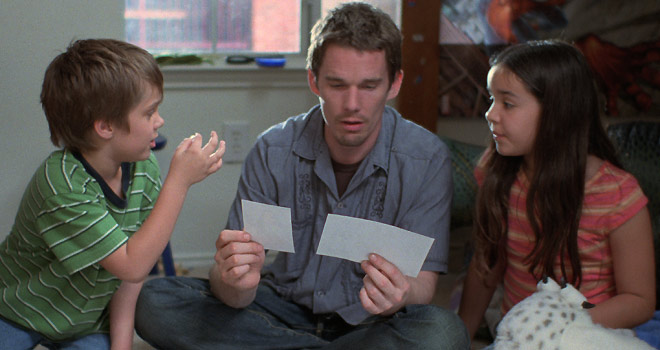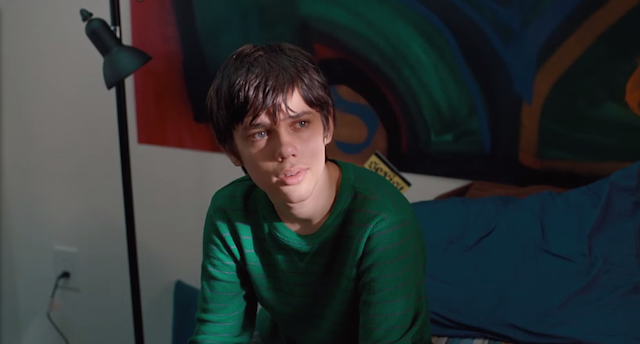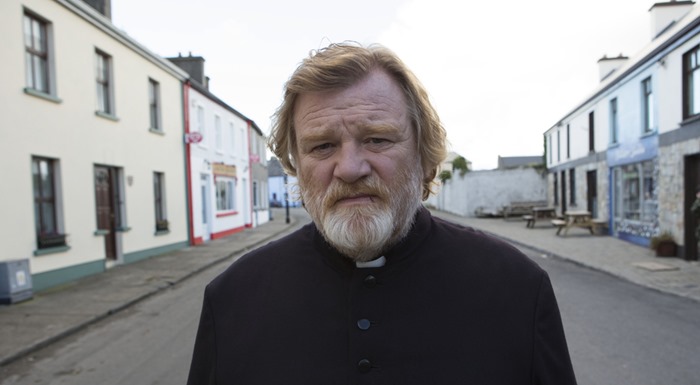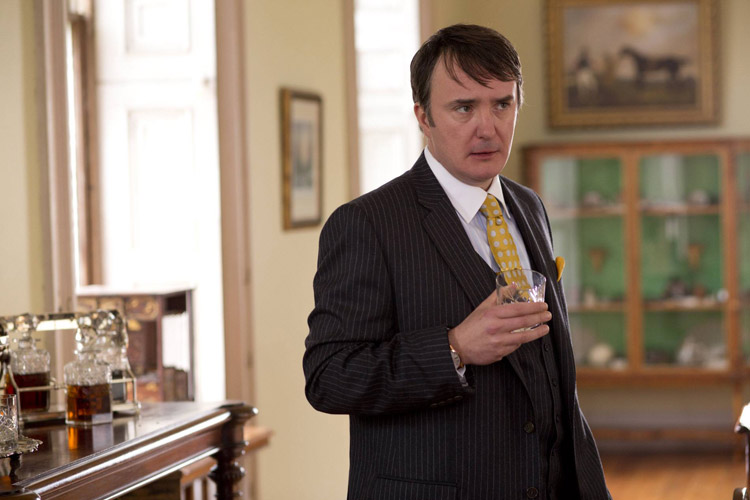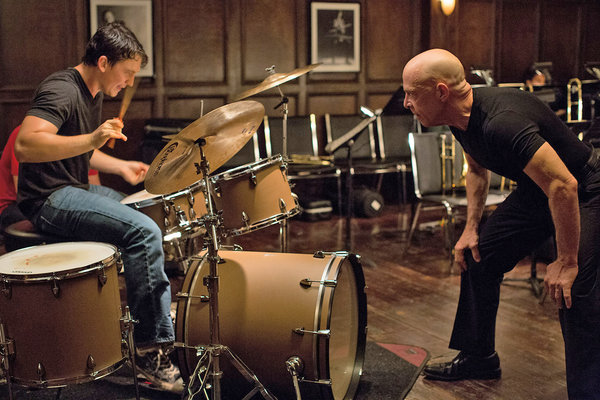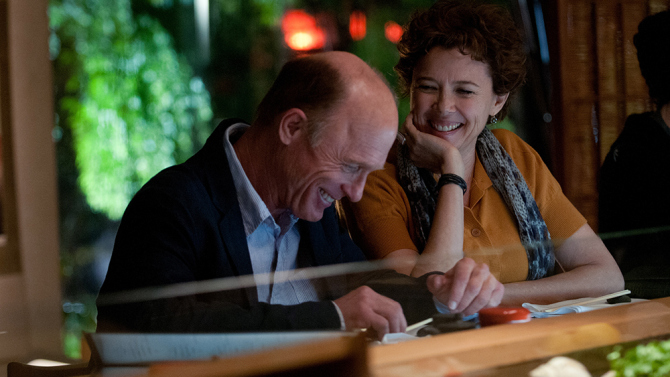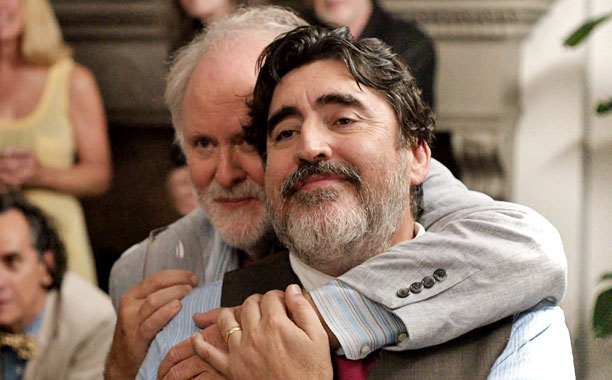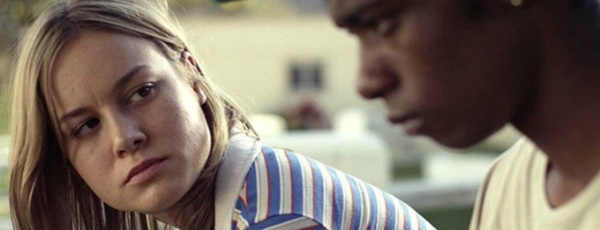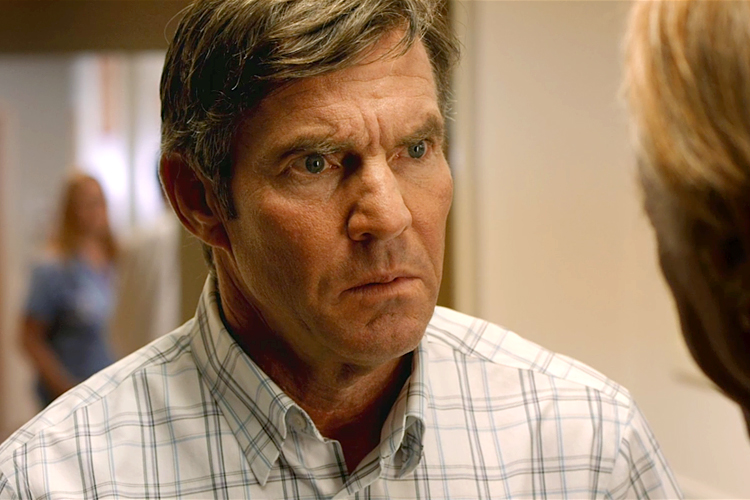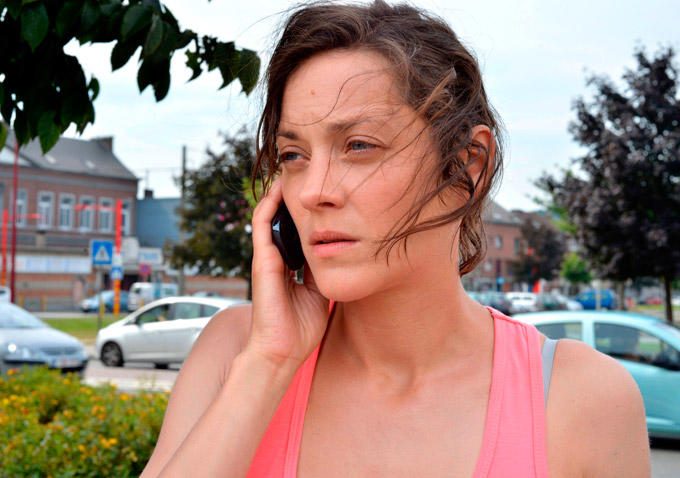
In the Belgian drama Two Days, One Night, a factory worker (Oscar winner Marion Cotillard) finds out on Friday afternoon that she will be laid off unless she can convince nine of her sixteen co-workers to sacrifice their bonuses. She must make her case to each of them before a vote on Monday morning. It’s a substantial bonus, and every one of her colleagues really needs it; their spouses are expecting it, too, and many have decided how they are going to spend it. The vote is going to be close, the stakes for each family is high and the tension builds.
Our protagonist is anything but plucky. She needs to be coaxed and prodded by her husband and a militant co-worker. She is buoyed enough by an early victory to keep going, but she’s constantly on the verge of giving up.
She hasn’t been been well, which also complicates things. Because the filmmakers wait until midway to explicitly reveal her illness, I’m being careful not to spoil it here. But the precise illness is important because it affects both her own stamina and the confidence of her co-workers about how well she would contribute to the workplace.
Two Days, One Night is the latest from two of my favorites writer-director filmmakers, the brothers Jean-Pierre and Luc Dardennes. They specialize in contemporary dramas of the Belgian working class. Their The Kid with a Bike was #1 on my Best Movies of 2012. And I think that their 2002 The Son (Le Fils) was pretty much a masterpiece, too. The Dardennes’ hand held (but NOT shaky) cameras intrude right on top of the characters, bringing an urgency and immediacy to every scene. Hyper realism contributes to the verisimilitude and thereby builds more power into the stories; here, a tense conversation in the doorway to an apartment building get interrupted by someone walking in – just as it would be in real life.
At its core, Two Days, One Night explores the limits of emotional endurance. What does she need to rebound form her malaise – the adrelin surge of battle? Or the power from getting to make her own choice?
[Anyone who has visited France or Belgium will recognize the remarkable politeness of the characters – observing all the formalities of greeting, shaking hands and saying thanks and goodbye even in the most awkward and emotionally charged encounters.]
Two Days, One Night is a fine film, just outside the Top Ten on my Best Movies of 2014. Unsurprisingly, Cotillard’s glammed-down performance is brilliant. It’s a compelling story as we walk her tightrope of desperation, heading toward redemption. Two Days, One Night opens widely in the San Francisco Bay Area tomorrow.

